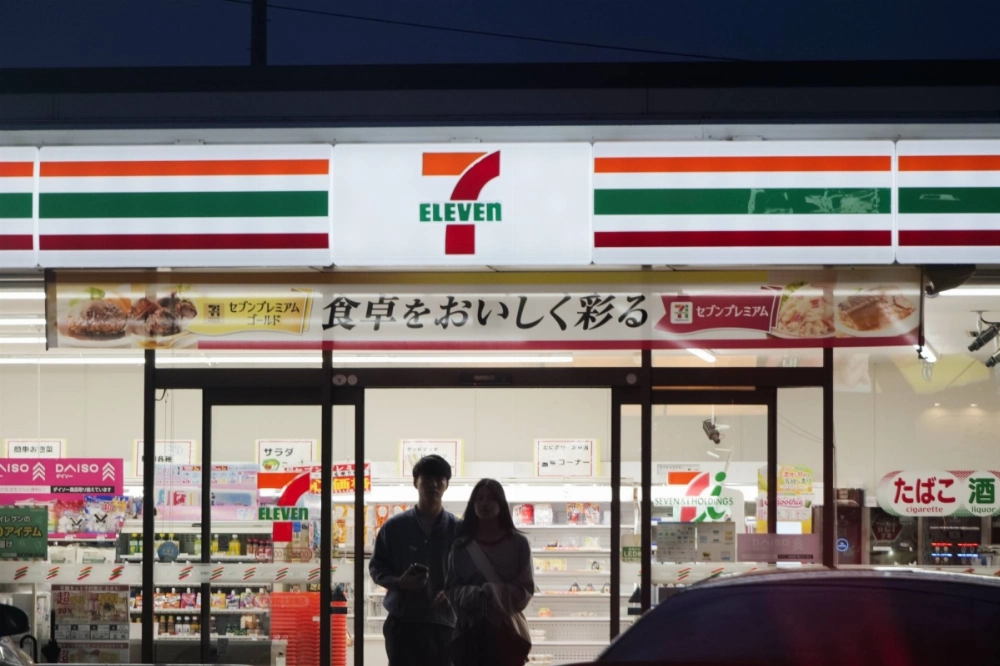The government added Seven & I Holdings to a list of "core" designated companies, a potential hurdle for Alimentation Couche-Tard’s proposal to buy out the convenience-store operator.
Last month, the Japanese retailer filed for the new designation under the Foreign Exchange and Foreign Trade Act to change its "noncore” status under the law, people with knowledge of the matter said. The new category requires any foreign entity to give prior notification of share purchases in a core company of more than 10%.
While the filing was made in response to a routine query by the Finance Ministry, it was seen as an extra step for the Canadian owner of Circle K stores to proceed with a potential takeover of Seven & I. The 7-Eleven operator’s efforts reflect its wariness toward the approach, which comes after years of activist investor criticism that its assets are undervalued.



















With your current subscription plan you can comment on stories. However, before writing your first comment, please create a display name in the Profile section of your subscriber account page.